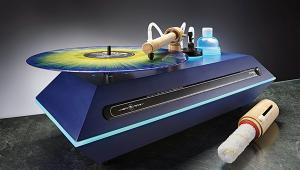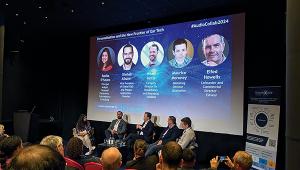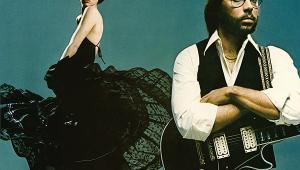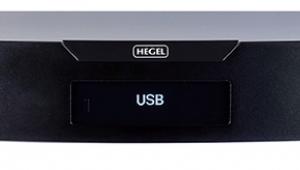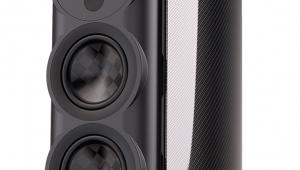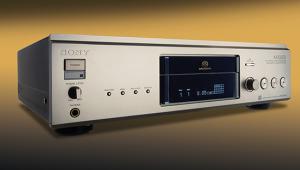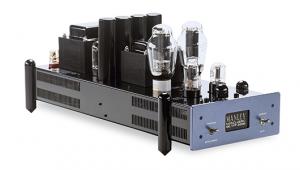The Specials Specials
![]()
Ska originated in Jamaica in the late 1950s and was first taken up in the UK in the early '60s by the mods. It began to gain mainstream popularity towards the end of that decade, yielding hit singles such as The Pioneers' 'Long Shot (Kick The Bucket)', Desmond Dekker's 'The Israelites', Jimmy Cliff's 'You Can Get It If You Really Want' and 'The Liquidator' by the Harry J Allstars.
Musicians from the Jamaican jazz and ska scene, such as trumpeter Rico Rodriguez, moved over to the UK, initially finding work with Georgie Fame's Blue Flames but, overall, ska didn't have much of an influence on British musicians. As the 1970s wore on, it was most closely associated with skinhead youth culture, while the more relaxed grooves of reggae took prominence.
![]()
Punk Inspired
When punk rock broke in 1976 it was played almost entirely by white musicians, but it reflected an increasingly diverse ethnic mix in the UK. And partly due to its outsider stance, punk formed a loose affiliation with reggae, especially in its more politicised form.
On their self-titled 1977 debut album, The Clash covered Junior Murvin's 'Police And Thieves' considerably stiffening up the original's sinuous rhythms in the process. But with punk there came a resurgent interest in ska, and while reggae is notoriously difficult to play well, rock musicians took more readily to the faster, more clipped and terse beats of ska.
One group who formed in 1977, inspired by the punk upheaval, were The Automatics, who then changed their name to The Coventry Automatics and then via a number of other names became known as The Special AKA and finally – with some overlap – The Specials in 1979.
The group had coalesced around keyboard player and songwriter Jerry Dammers, bass guitarist Horace Panter and Jamaican guitarist Lynval Golding. Vocalists Terry Hall and Neville Staples, drummer John 'Brad' Bradbury and guitarist Roddy Byers joined to form the core lineup.
![]()
From the outset The Specials were renowned for their dynamic live shows, with Staples acting as a cross between the band's MC and their own stage invader. The Clash's Joe Strummer was an early fan and he invited them to support The Clash on their 'On Parole' tour in the summer of 1978, which helped considerably in raising their profile.
The Special's debut single, 'Gangsters', released in the summer of 1979, reached No 6 in the UK singles charts – the song was a rewrite, by Dammers, of Prince Buster's 1967 single 'Al Capone'. The sharply dressed group appeared on Top Of The Pops projecting a strong individual identity, with Terry Hall a charismatic front man – always sounding deadpan, even when becoming more animated – while Staples danced, rushed around and punctuated the song with the exclamations 'Don't call me Scarface' and 'Al Capone's guns don't argue'.
![]()
Tonic For The Troops
'Gangsters' came out on Dammers' own 2 Tone label, the most identifiable independent record company of the era. It was named after the two-tone, or tonic, suit favoured by the mods that incorporates a weave of two different coloured threads. All the label's artwork was in black and white and often included a chequerboard border design, and a sharply dressed cartoon character, Walt Jabsco, based on a picture of former Wailers vocalist Peter Tosh.

















